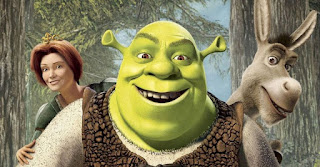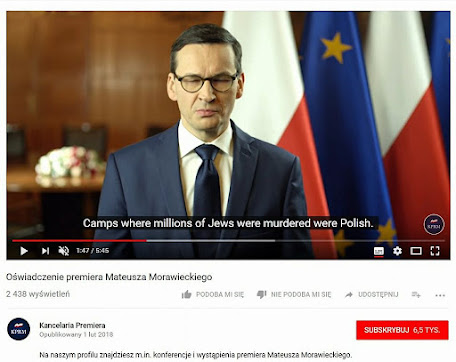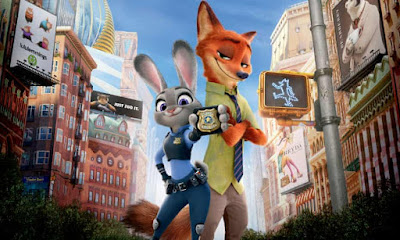Translating between the lines - Subtitles vs. dubbing in Polish language version of Shrek

DreamWorks There are many challenges when it comes to translation of films. It can be especially problematic if the dialogues include many cultural references, idioms or humor which can differ greatly across languages and cultures. This often means that there might be multiple approaches to translating such pieces. On one hand, the original meaning should be kept. On the other hand, the dialogues should be understandable and relevant to the audience watching the movie with dubbing or subtitles and this is where a lot of differences appear. These can be seen very clearly in the Polish translation of the film Shrek. Shrek (part one) is an animated film from 2001 originally released in English language. It became a great success and its popularity quickly spread across the world. It has been translated, dubbed and premiered in Polish cinemas in June 2001. Currently, Shrek is available on Polish Netflix where viewers can choose to watch it with the original audio with subtitles or wi...



